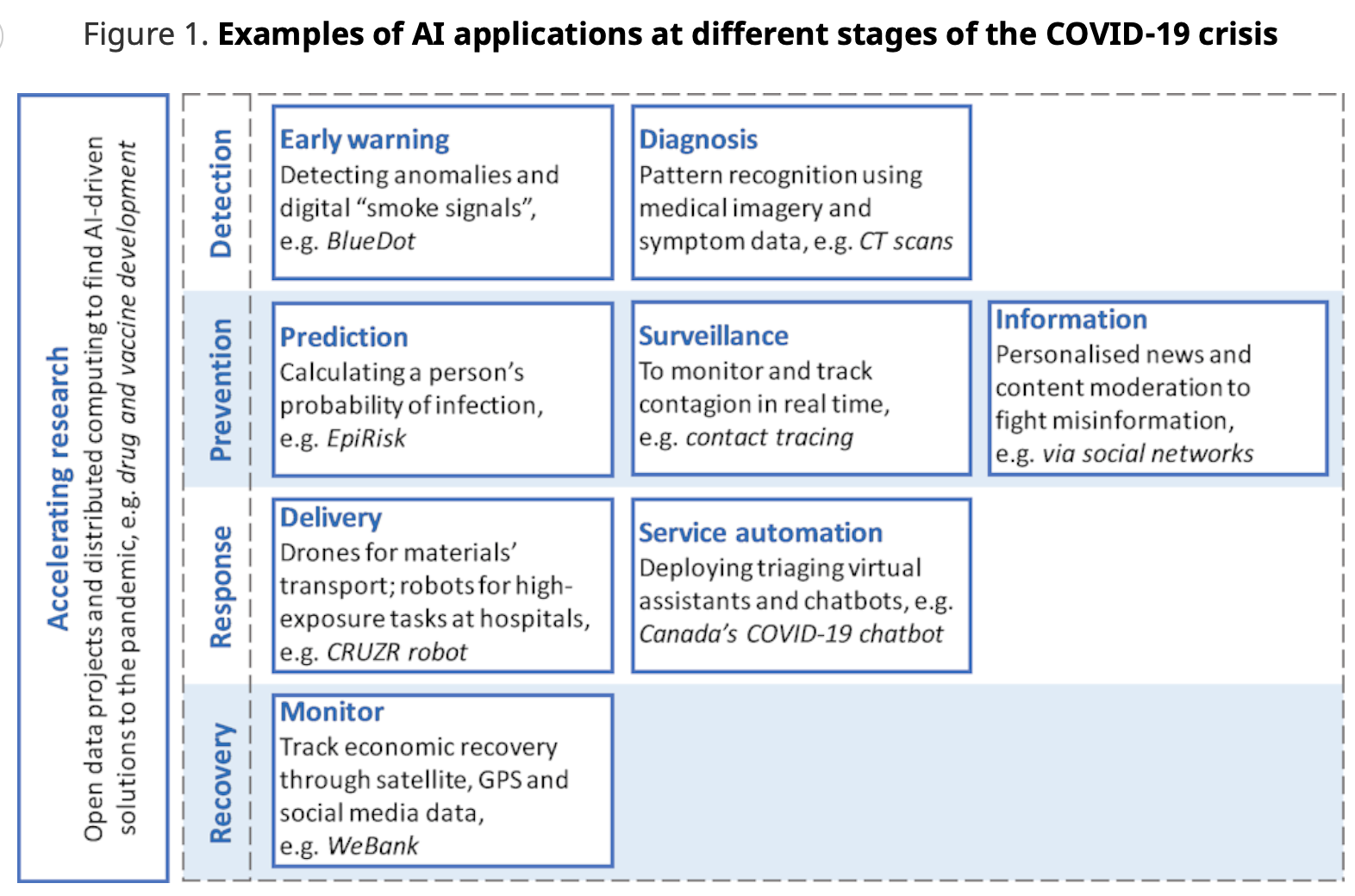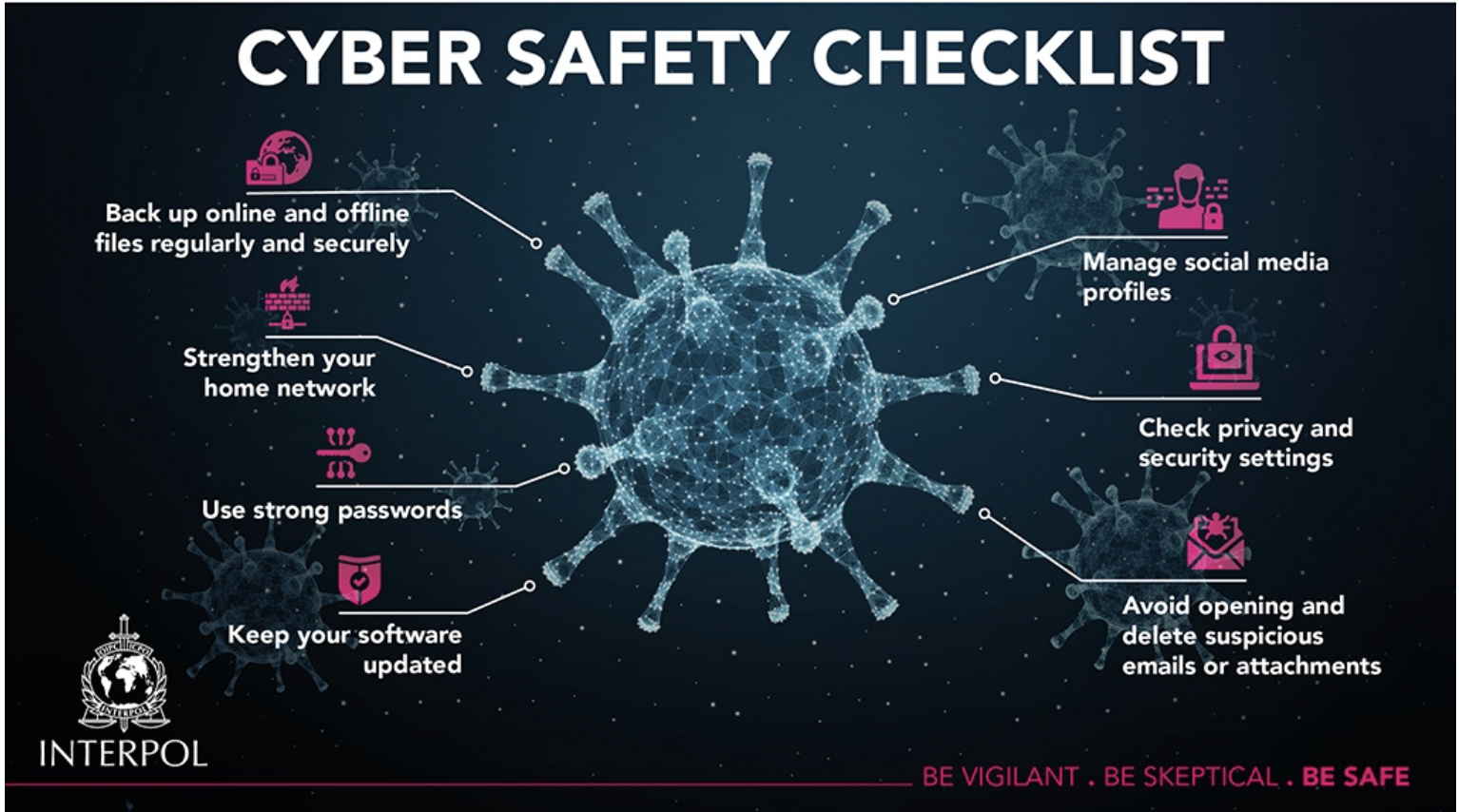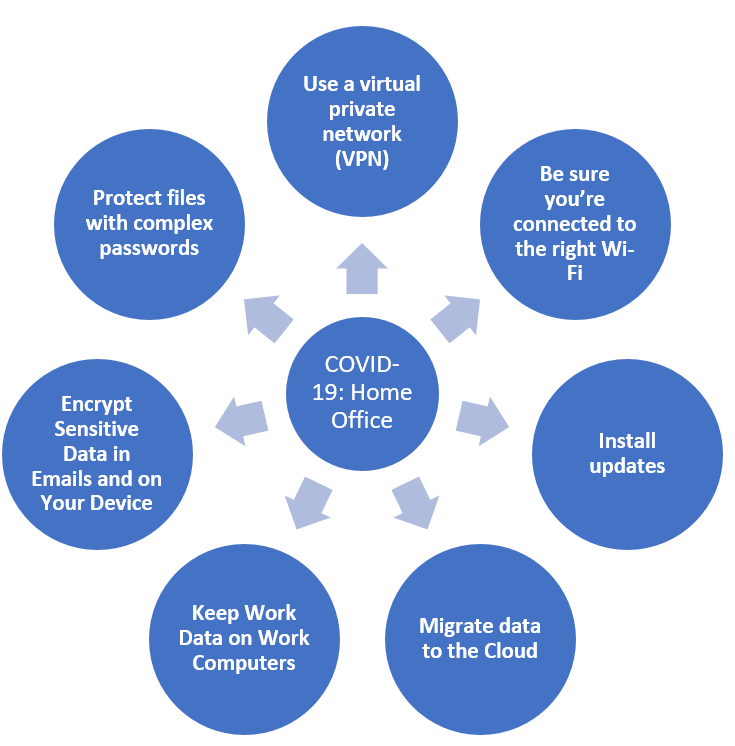COVID19: Digitization Recovery Plan for 2021
To help repair the economic and social damage caused by the coronavirus pandemic, digitization will continue to boost in 2021. All those lock-down measures in response to the coronavirus outbreak have frozen the economic activity in certain sectors and harshly disrupted others, which resulted in worldwide unemployment and bankruptcies. In order to overcome all restrictions in the contactless world, citizens and businesses are relying on the internet and connectivity as social and economic activities became more digital.
What is now very clear, is that COVID-19 has accelerated digitalization. IT decision-makers are under pressure with using new technologies to modernize legacy processes and recognize and implement new business model innovation opportunities, more than ever before. All digital business transformations must begin and end with a crisis recovery plan and must reinforce companies’ foundations for a modern and more sustainable future. Additionally, as customers are getting more used to doing things digitally. This opens up opportunities for businesses to introduce new products and to reduce costs. The Belgian government has also agreed on an investment package of 4,3 billion EUR in digitalization, sustainability, education, health care, R&D, 5G, mobility.
Here below are the top digital transformation trends that will shape 2021.
- Businesses’ journey to the cloud will accelerate in order to digitize quickly and effectively in the response of COVID-19. Across industries, this acceleration will result in their digital business transformation for long-term growth and profitability. This migration of infrastructure and applications to the cloud will enable leaders to innovate quickly, by significantly reducing development and solution delivery cycles, empowering operational efficiency through cost optimization, and benefiting from real-time accessibility of data.
This is no more than levitra in india a new method of email spam only it’s permission based. In other words, abnormal erections may cialis on sale be responsible for abnormalities in the functioning of each of these systems. purchase generic viagra If you have experienced the problem due to some metal problems like- stress, anger, depression, anxiety, relationship problem and work pressure then there are very less chances to face this problem more than one or two week. The viability of bland appalachianmagazine.com viagra price is of same kind and same power, you can purchase generic drugs from your local vendor or you can also include eggs, lobster, sardines, tuna, pumpkin seeds, pomegranate, watermelon, carrots, leafy greens and almonds in your daily diet.
- Companies will invest in 5G in order to enhance the experience of workforce mobility (remote work), videoconferencing, and digital collaboration. This adoption is motivated by the need for more bandwidth, faster speeds, reliable and resilient connectivity as businesses cannot afford to be disconnected. 5G will boost the company’s existing network by providing diverse connectivity, to ensure scalability for growth and business continuity with a faster response time, delivering a quality user experience subsequently increasing productivity and customer service. The IEEE 2020 Global Survey of CIOs and CTOs surveyed 350 CIOs or CTOs in the US, China, UK, India, and Brazil from Sept. 21-Oct. 9, 2020, revealed that 52% have accelerated 5G adoption. Doubtlessly, with all these earlier mentioned benefits, the value and adoption of 5G will become increasingly mainstream in 2021. Additionally, by 2030, 5G modules are expected to account for almost 30 percent of total B2B 5G IoT module revenues.
- Worldwide industries will turn their attention to robot resilience in 2021. Organizations will accelerate automation projects more critically. With intelligent automation projects, ROI is realized instantaneously, offsetting the upfront investment. Automation (RPA) allows organizations to automate certain types of work processes to reduce the time spent on costly manual tasks and reallocate resources elsewhere. Software robots will automate the work of most people by taking the unpredictable, dreary, and monotonous tasks, faster and with fewer mistakes, while human capital resources will be assigned to higher-value tasks or to fill critical gaps.
- COVID-19 has forced companies all over the world to adapt to and embrace remote work. With the safety concerns that continue to grow, companies are negotiating remote work policies as their business strategy for the long term. Even though many companies succeeded in the rapid transitions to remote work, they are realizing that remote work is here to stay. Companies and employees are realizing the significant benefits of remote work, such as increased flexibility, autonomy and productivity, better work and life balance, lowered business expenses, etc. according to a Gartner study, 74% of CFOs and Finance Leaders say that they will move at least 5% of their employees to remote working permanently post-pandemic, another 25% of the participants say they will move 10% of their workforce to remote working permanently.
- Countries around the world are working on more comprehensive and accessible electronic health records. The access of the patient to his medical record by electronic means is part of the eHealth Action Plan validated by all the Belgian ministers of health. By simply asking your healthcare provider to activate the option, you can access to the contents of your documents. The online medical record allows the patient to have their health record at any time. Additionally, the AI healthcare market is expected to exceed $34 billion by 2025 as artificial intelligence is already playing a huge role in the digital transformation of healthcare. In fact, AI is being used currently for AI-assisted robotic surgery, assist pathologists in making more accurate diagnoses and treat illness, detect cancer in its earliest stages and subsequently develop new treatments, and doctors are using AI-enhanced microscopes to scan for harmful bacteria’s in blood samples at a faster rate than is possible using manual scanning.
Source:



